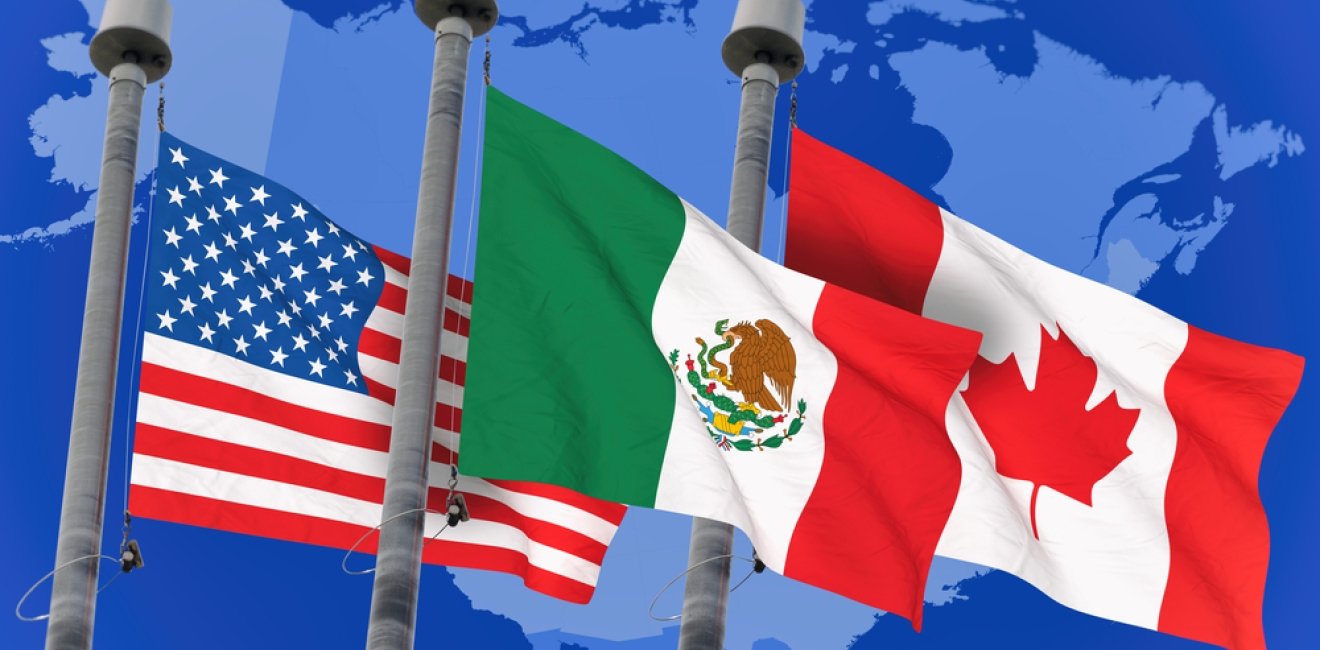In the early hours of June 3, 2024, Mexico witnessed a pivotal moment in its political history. After 61% of Mexicans cast their votes, Claudia Sheinbaum emerged as the clear victor of the presidential election, defeating her closest rival, Xóchitl Gálvez, by a two-to-one margin.
In her first speech as president-elect, Sheinbaum expressed gratitude to her competitors and emphasized her party's recent gains of absolute majorities in both houses. She embraced the responsibility of governing with a focus on freedom, honesty, anti-corruption, development, and well-being for all Mexicans. Notably, she highlighted the United States, pledging a relationship based on friendship, mutual respect, and equality. She also committed to defending Mexicans living across the border.
Fast forward two months, Sheinbaum’s cabinet is mostly in place, providing a clearer view of her administration's trajectory and its implications for Mexico's bilateral relationship with the United States.
As Sheinbaum herself has stated, her presidency will serve as a continuation of the legacy left behind by her predecessor, Andrés Manuel López Obrador (AMLO). This means a commitment to social policies involving cash transfers, raising the minimum wage, enhancing critical infrastructure, and completing major projects like the Mayan Train, Dos Bocas oil refinery, the Interoceanic Train, and two airports. Additionally, she plans to expand passenger rail services nationwide. These projects will operate under a very constrained budget, and aim to keep federal spending low.
In terms of new policies, a shift in energy policy is anticipated. Sheinbaum supports clean energy and recognizes the need for private investment in the sector. However, she maintains that state-owned companies will continue to dominate the electricity and oil markets. Using clean and green energy is a prerequisite for new investments as it is now fundamental for companies to reach their global sustainable development commitments towards 2030.
On the security front, Sheinbaum plans to bolster the recently established National Guard, improve coordination with local police, and invest in technology and intelligence; strengthening security is key in a context where more than 58% of companies in Mexico invest between 2 and 10% of their budgets to keep their operations safe. A significant judicial reform is expected in September -still under AMLO’s ruling but with the recently elected legislative power- aiming to overhaul the Supreme Court and other judicial bodies through popular elections. The reform, as currently written, could disrupt the Mexican government’s apparatus and significantly hinder the Mexican economic and democratic stability.
Industrial and investment policies will prioritize organized “nearshoring,” driving regional development by harnessing each state’s unique strengths. Sheinbaum envisions “Wellness Poles” across Mexico, which we believe is achievable only through a dynamic partnership with the private sector to invigorate strategic sectors like semiconductors, medical devices, electromobility, and agriculture. Additionally, investment enablers such as water, energy, and connectivity should be developed. Strengthening North American supply chains is the only way for both countries to counter China’s economic dominance.
Understanding the critical importance of U.S. relations, Sheinbaum aims to foster an equal and respectful partnership. The upcoming U.S. presidential election will test her diplomatic skills and political maturity. Ensuring the proper implementation of the USMCA is a priority, and former Foreign Affairs Minister, Marcelo Ebrard, now appointed Minister of Economy, will oversee this crucial task.
Security collaboration between Mexico and the U.S. will need a strategic overhaul, focusing on shared objectives and efficient methods to achieve them. The new administration will seek stronger cooperation on development issues, particularly migration and its root causes. The border, a crucial point for trade, security, and migration, presents an opportunity for infrastructure and technological investments to address these issues separately and effectively.
Two crucial tests for the U.S.-Mexico relationship will come in 2026: the first review of the USMCA as well as the World Cup, to be hosted in cities across North America. It is a historic opportunity that will either showcase a well-organized, forward-thinking alliance or expose chaotic disarray. The region stands at a crossroads, but 2026 is an opportunity to strengthen collaboration and cooperation in North America to ensure regional prosperity.
Author


Mexico Institute
The Mexico Institute seeks to improve understanding, communication, and cooperation between Mexico and the United States by promoting original research, encouraging public discussion, and proposing policy options for enhancing the bilateral relationship. A binational Advisory Board, chaired by Luis Téllez and Earl Anthony Wayne, oversees the work of the Mexico Institute. Read more

Explore More
Browse Insights & Analysis
Greenland’s New Governing Coalition Signals Consensus

The Future of France's Far-Right Party

Ukrainian Issue in Polish Elections



